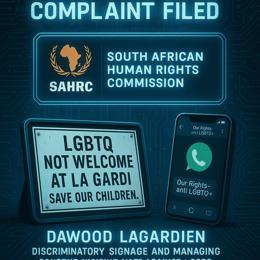Image: AI generated for illustration purposes
Moroccan Internet User Sentenced to Three Years for Criticizing King on Social Media
In a recent turn of events that underscores the delicate state of freedom of expression in Morocco, Saïd Boukioud has been handed a three-year prison sentence by the Moroccan justice system. Boukioud's charge stems from his critique of Morocco's normalization of relations with Israel through social media platforms in 2020.
The original five-year sentence was imposed last August after investigations into Boukioud's Facebook posts, which have since been expunged. The Casablanca Court of Appeal revisited the case, classifying Boukioud's actions as an offense against the dignity of the Moroccan King, Mohammed VI, and subsequently decreased the jail term to three years.
In accordance with the Moroccan Constitution, the foreign policy is the sole remit of the monarchy. Hence, any comments seen as derogatory towards the King or his policies can attract severe repercussions as observed in Boukioud's case.
Boukioud's attorney, Me El Hassan Essouni, conveyed to the press that his client's intent was never to insult the monarch. Instead, Boukioud aimed to highlight the negative impacts of the normalization process between Morocco and Israel, not just for Moroccans but also in regard to the ongoing Palestinian struggle.
Despite the reduction of the sentence, Essouni maintained that the verdict was still to be considered "very excessive." The defense intends to take the case further by appealing to Morocco's highest court, the Court of Cassation.
Within the broader context of Moroccan civil liberties, the sentencing of Boukioud is no anomaly. The Moroccan Association for Human Rights (AMDH) has been vocal about the surging number of legal cases targeting individuals for their social media activity, particularly when it comes to critiques of the Moroccan authorities. These cases have been a source of concern for human rights advocates who see them as an infringement on free speech and democratic values.
Adding to the fervor of voices criticizing the Moroccan-Israeli relationship is the ongoing conflict in the Gaza Strip, which has, in recent weeks, rekindled pro-Palestinian advocacy in Morocco. The day prior to Boukioud's reduced sentencing, Casablanca witnessed a mass mobilization with tens of thousands thronging the streets. The protests were not only in objection to Moroccan-Israeli relations but also called for a durable ceasefire in the embattled Gaza region following a recent truce.
Boukioud's case and the subsequent public reaction signify a growing decry for more robust freedom of expression laws in the nation and the need for a reassessment of social media's role in contemporary politics and society within Morocco.










